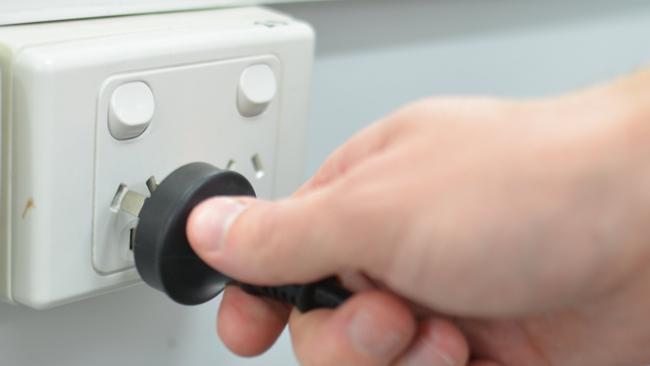Vulnerable need immediate relief from energy stress

Some people feel the impact of these price spikes more than others. People such as Natalie, who lived in an old and energy-inefficient rental property and received a $2000 winter gas bill as there were holes in the heater vents and the walls and floors weren’t properly sealed.
Research conducted by the Brotherhood of St Laurence and published in the Power Pain report found one in five households was already in some form of energy stress back in 2020. These households, like Natalie’s, either couldn’t afford to pay their bills on time, couldn’t afford to heat their home or had energy expenditure greater than 7 per cent of after-housing income or 6 per cent of before-housing income.
More than one in four households with someone with a disability or chronic health condition were in energy stress in 2020. For households in the lowest quintile of incomes, it was two in five. More than a third of households in public and community housing experienced at least one form of energy stress.
From 2019 to 2020, the rate of energy stress for households relying on JobSeeker payments fell, from nearly three in five households to just over two in five households. This improvement coincided with the temporary Coronavirus Supplement, which brought short-term pain relief.
Without swifter action, these 2020 figures will be the low-water mark of energy stress in Australia.
Unfortunately, following a decade of climate wars that delayed systemic changes, addressing rising energy prices will require tough choices. Acute inflationary pressure makes these choices harder.
We are now seeing the cost of that wasted decade and our refusal to face facts on climate and energy transition, even as the Reserve Bank and financial regulators spoke out on these issues. Natalie’s power bill is one example. So, too, was the need, in the recent budget, to spend millions of dollars to restore the capability of Australia’s Treasury to model climate risks and opportunities. Ignorance has been far from blissful in a country where physics and economics are rapidly colliding.
As we seek to protect people from energy poverty, we need to be smarter and more compassionate, and plan for two horizons.
The first horizon is rightly focused on reducing immediate price pressures. Fortunately, the federal government has levers it can use to do so, including tougher regulation, price caps and domestic gas reservation. The reality is this crisis could last much longer than we think, and be far worse. Though not perfect, careful but decisive use of these levers can reduce the length and severity of power pain for Australian consumers and avoid the situation many in Europe are facing.
A direct payment to low-income households experiencing energy stress should be considered. Households shouldn’t have to choose between paying an energy bill or putting food on the table. The inflationary impacts of a time-limited and properly targeted payment can be contained. The fiscal impacts of such assistance could be reduced by reforms to taxation arrangements, including on windfall profits of energy companies. These companies should be encouraged to provide more energy debt relief to vulnerable customers.
For the people we work with at BSL the choice of measure is less important than the outcome – respite from immediate and worsening power pain. They also want trusted, credible information about how to reduce bills and make their homes more energy efficient over the long term so they aren’t in this position again. Renters are desperate for measures to secure these benefits, such as minimum energy efficiency standards for rental properties.
This second horizon is just as important as the first. Opportunities abound in the brave new world of a more decentralised, net-zero energy system. More renewables, storage and electrification will ultimately lead to lower energy bills and healthier homes. However, we need a plan to get there and there needs to be a commitment that households experiencing the worst energy stress now aren’t last in the transition queue. For this to happen, we need better policy choices in our social security, housing, tax and energy systems. The new Net Zero Economy Taskforce being formed by the Albanese government should make reducing energy poverty a clear objective.
All households should be able to afford the energy they need for their wellbeing. Right now, too many people such as Natalie are on the edge and face a bleaker period ahead. They need short-term relief and more light at the end of the energy transition tunnel.
Travers McLeod is executive director of the Brotherhood of St Laurence.



Australia, like much of the world, is facing an energy price crisis, with households and businesses bracing for price increases of more than 50 per cent across the next two years.